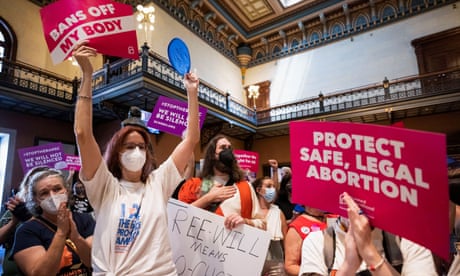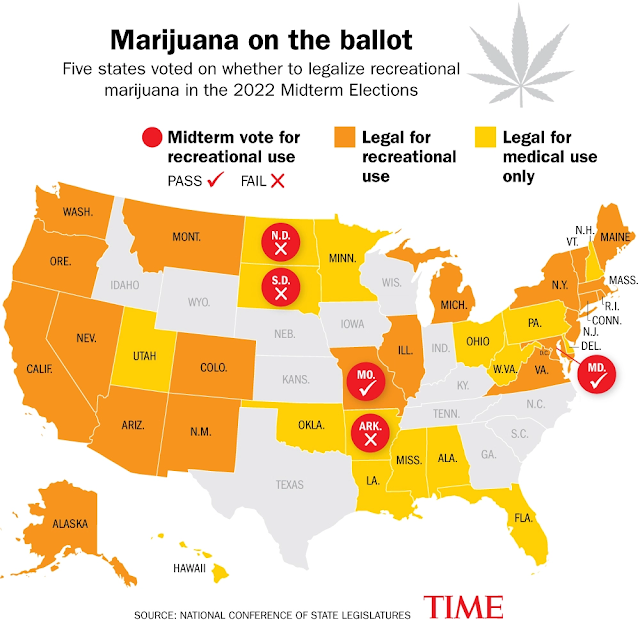I was interviewed for the Brazil Journal by Giuliano Guandalini. The interview was conducted in English, but appears in Portuguese. We discussed controversial markets generally, including kidney exchange, which is not legal yet in Brazil.
Troca de rins. Drogas. Barriga de aluguel. Este Nobel sugere liberar tudo (Kidney exchange. Drugs. Surrogacy...)
Here's a snippet that comes through pretty clearly in retranslation back into English by Google Translate:
"In the US and many other countries, his work and that of other researchers has contributed to improving the waiting list for kidney transplants. In Brazil, we continue with the traditional system, with a long wait for donors. Why is it so difficult to make reforms of this kind in public services based on the teachings of modern economics?
"A transplant always depends on an organ donation, whether from a dead person or a living individual. It is natural that family members and society in general are concerned about how this will be done in an ethical and careful manner.
"Brazil does a lot of transplants. So there is no restriction on the medical capacity side so that more transplants can be done. But when we look at total kidney transplants in relation to population size, the number is not that big.
"Meanwhile, there are thousands of people on dialysis because transplants have not been enough. The issue, therefore, is to allow more donations to occur in life, and changing kidneys is a way for people to help save someone they love.
"Brazil may be one of the next countries to carry out the exchange of kidneys. Some experimental surgeries have already been performed, with legal authorization. Researchers will be able to gain support to perform more operations of this type and then, perhaps, society will be able to convince itself of the importance of changing kidneys.
"What are the obstacles that prevent the adoption of organ exchange? Are they ethical, moral, religious issues?
"A little bit of all those things. There are those concerned that poor and vulnerable people may have their organs stolen. Evidently, there must be complete assurance that this will not happen. But of course the poor would also like to save the lives of loved ones by giving them a kidney. "






